Conclavoscope - Cardinal Dieudonné Nzapalainga
Cardinal Profile and Assessment
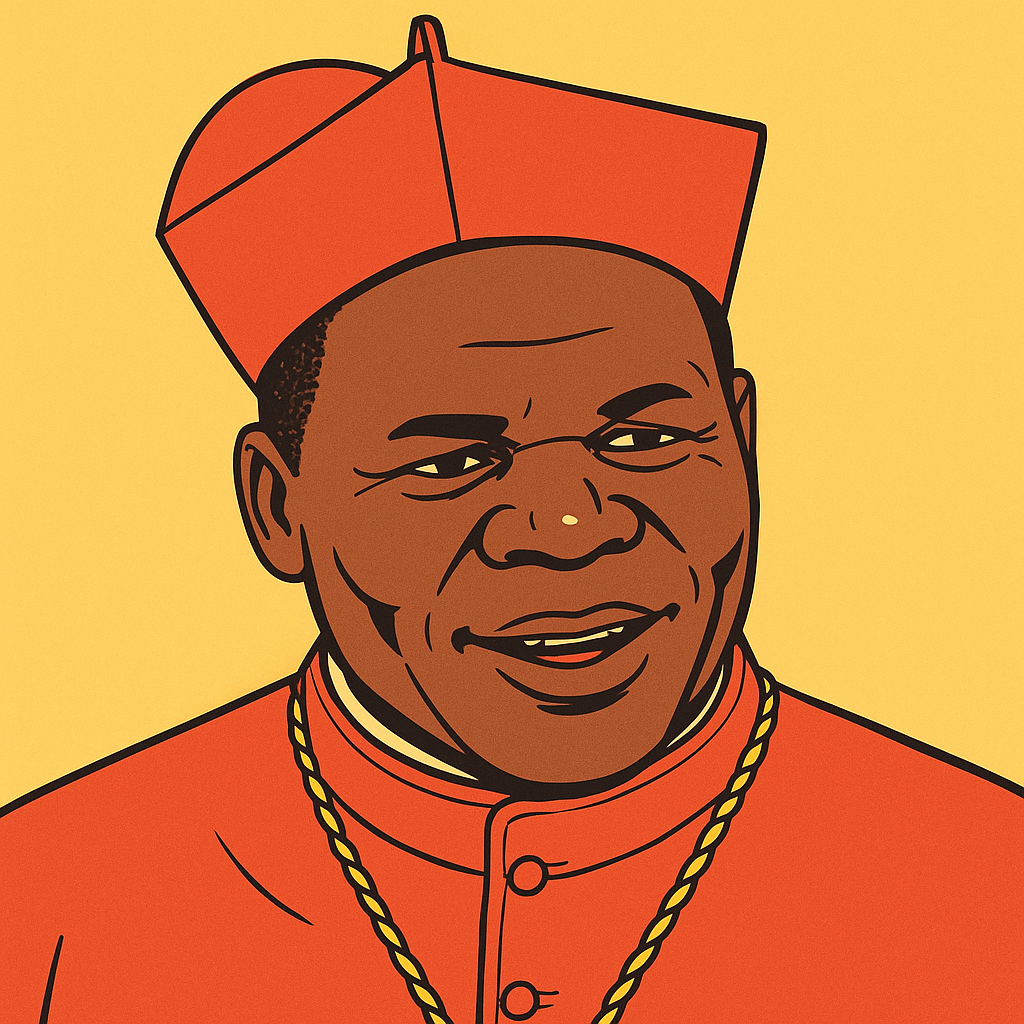
Central African cardinal, known for his commitment to interreligious peace in a country torn by conflict, combining doctrinal tradition and openness to dialogue.
| Criterion | Tendency |
|---|---|
| Moral doctrine | Moderately conservative |
| Liturgy | Moderately conservative |
| Sociopolitical | Very progressive |
| Relationship with Pope Francis | Moderately progressive |
| Dialogue | Very progressive |
| Communication | Very progressive |
| Overall tendency | Progressive |
Cardinal Nzapalainga emphasizes a lived expression of faith rooted in compassion and service to the marginalized. While he upholds the Church's moral teachings, his focus is on embodying the Gospel through acts of mercy and solidarity with the poor, reflecting a pastoral approach that prioritizes action over doctrinal proclamations.
As a Spiritan, Cardinal Nzapalainga values liturgical practices that resonate with the local culture and promote active participation. He encourages liturgies that are accessible and meaningful to the faithful, fostering a deeper connection to the Eucharist and the Church's traditions.
Cardinal Nzapalainga demonstrates a strong commitment to social justice, particularly in serving the poor and marginalized. He has actively engaged in issues related to poverty, corruption, and social inclusion, aligning with progressive sociopolitical engagement.
A close collaborator of Pope Francis, Cardinal Nzapalainga supports the Pope's reforms and vision for a Church that reaches out to all. He has defended Pope Francis against criticisms and aligns with his emphasis on pastoral care and inclusivity.
Cardinal Nzapalainga promotes interreligious dialogue, recognizing its importance in a pluralistic society. He encourages engagement with different faith traditions to foster mutual understanding and peace.
Known for his effective communication and pastoral sensitivity, Cardinal Nzapalainga emphasizes the need for the Church to engage with modern culture and technology. He advocates for a Church that listens and speaks in ways that resonate with contemporary society.
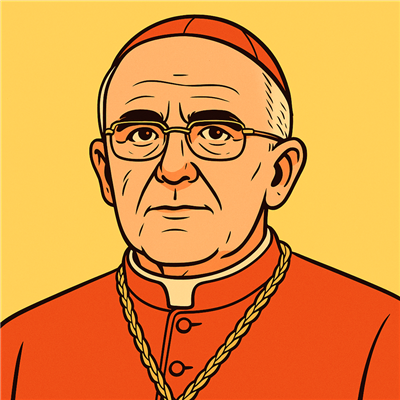
Spain
Spanish cardinal, Archbishop of Madrid, known for his moderate and conciliatory attitude, seeking balance between tradition and modern pastoral care.
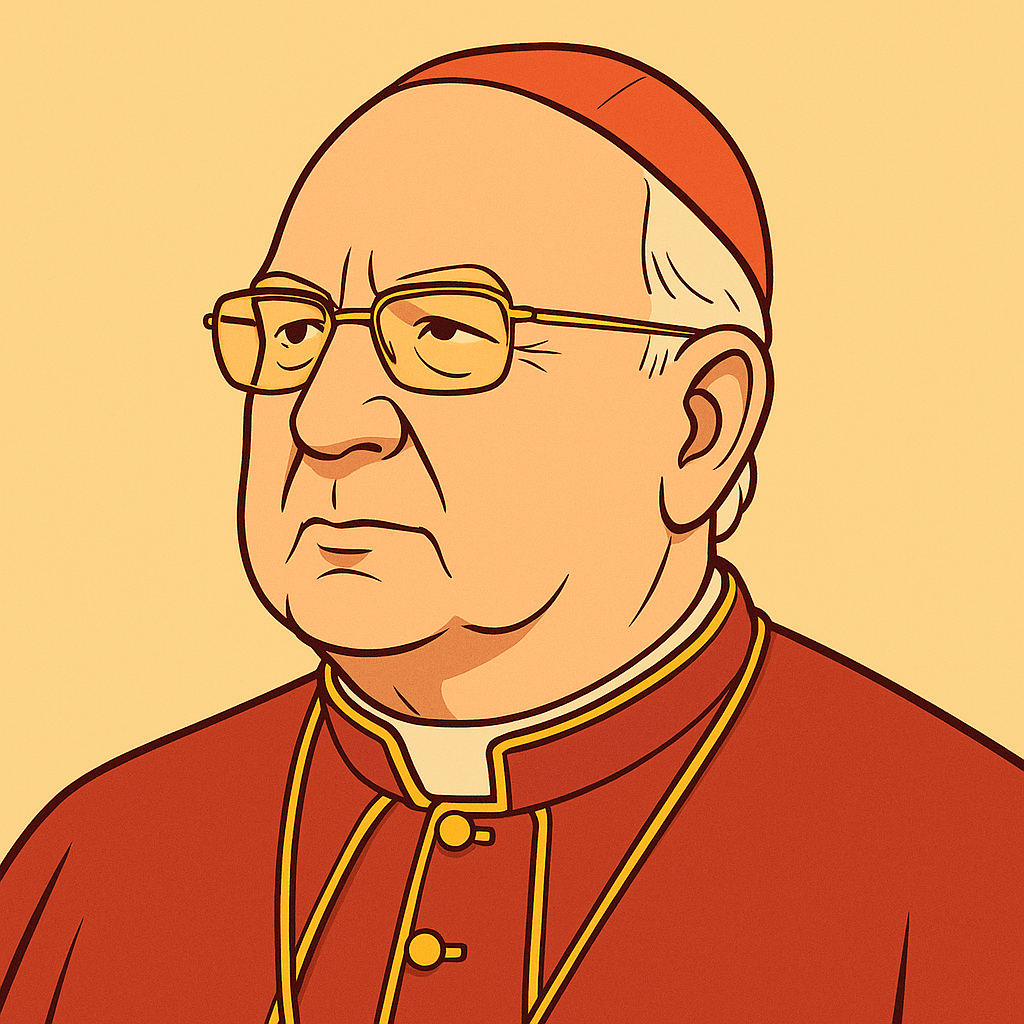
United States
American cardinal, Prefect of the Dicastery for Laity, Family and Life, known for his administrative experience and fidelity to Pope Francis' pastoral vision.
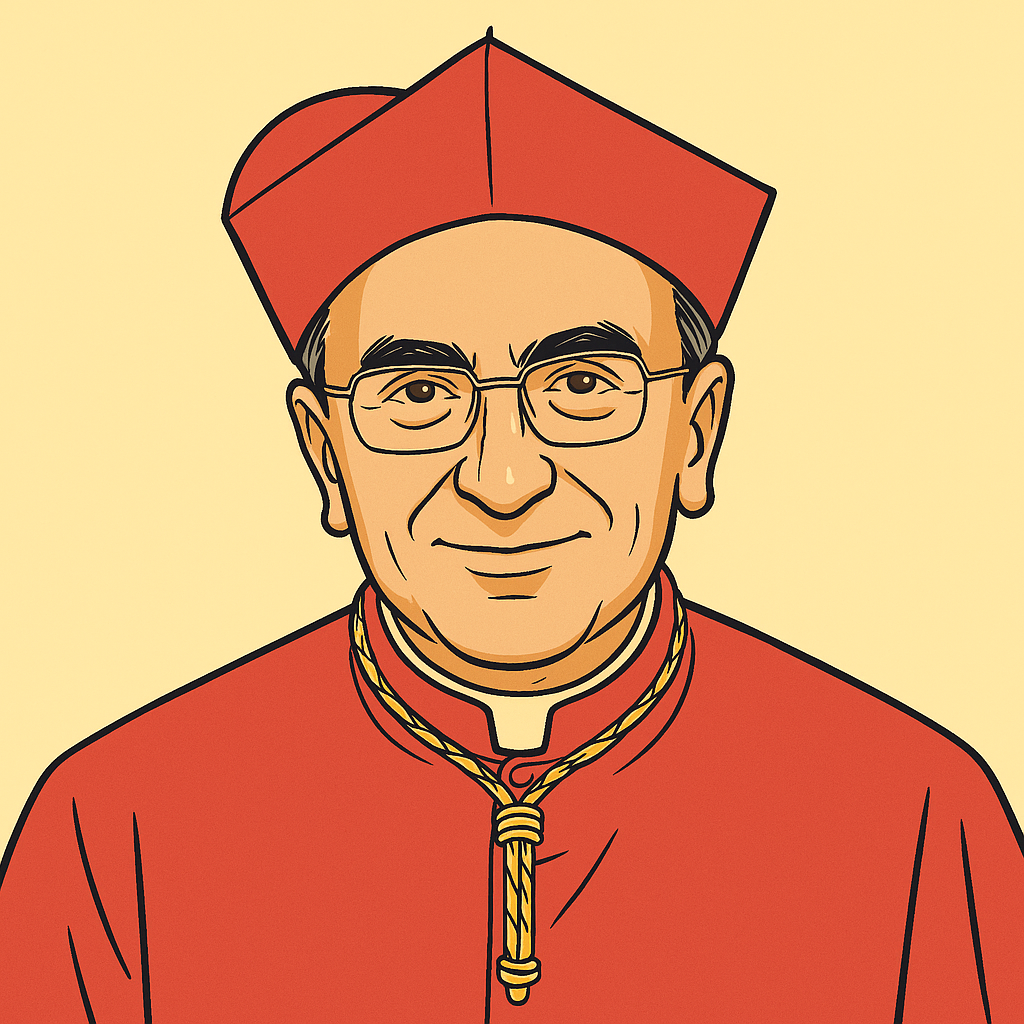
Italy
Italian cardinal, apostolic nuncio to Syria, known for his diplomatic service in a context of war and his commitment to peace and humanitarian aid.
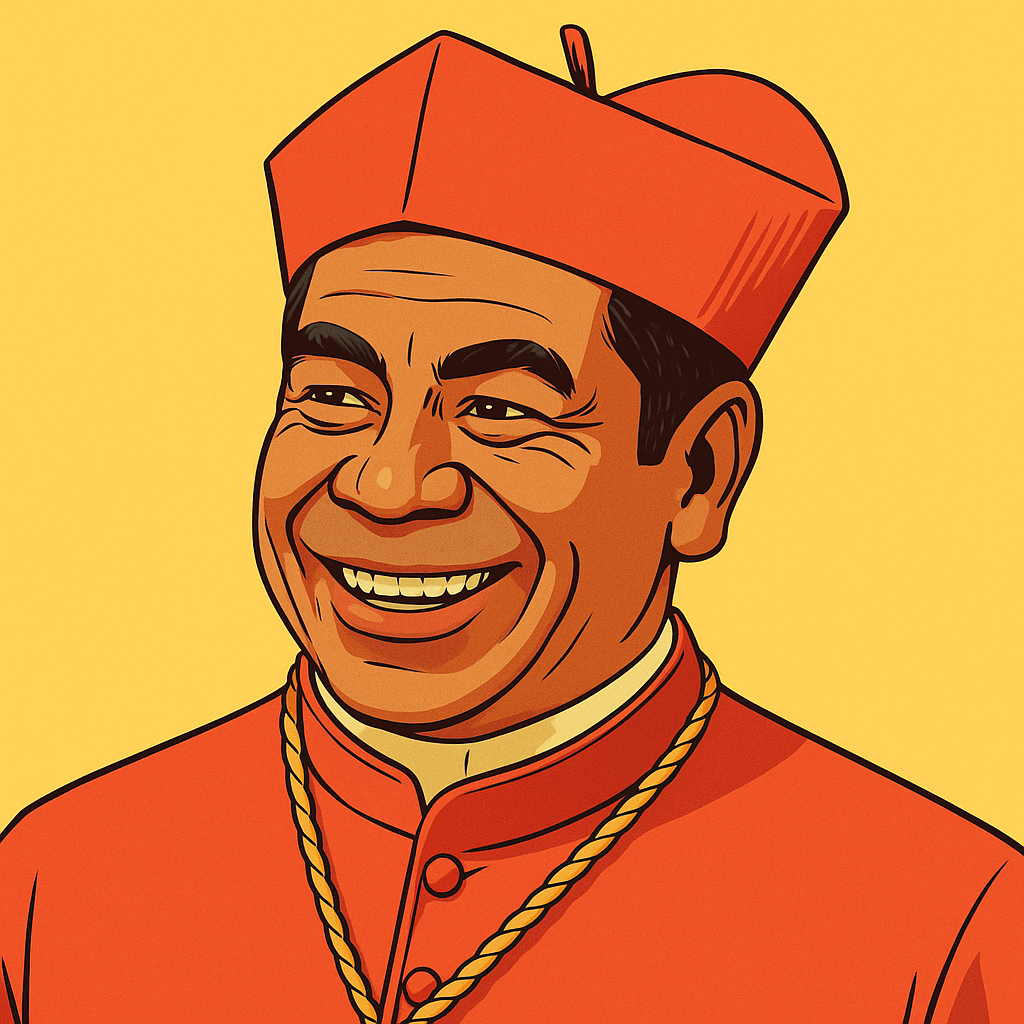
East Timor
age: 58
East Timorese cardinal, Archbishop of Dili, first cardinal from his country, known for his leadership in post-independence reconstruction and his commitment to peace and national reconciliation.
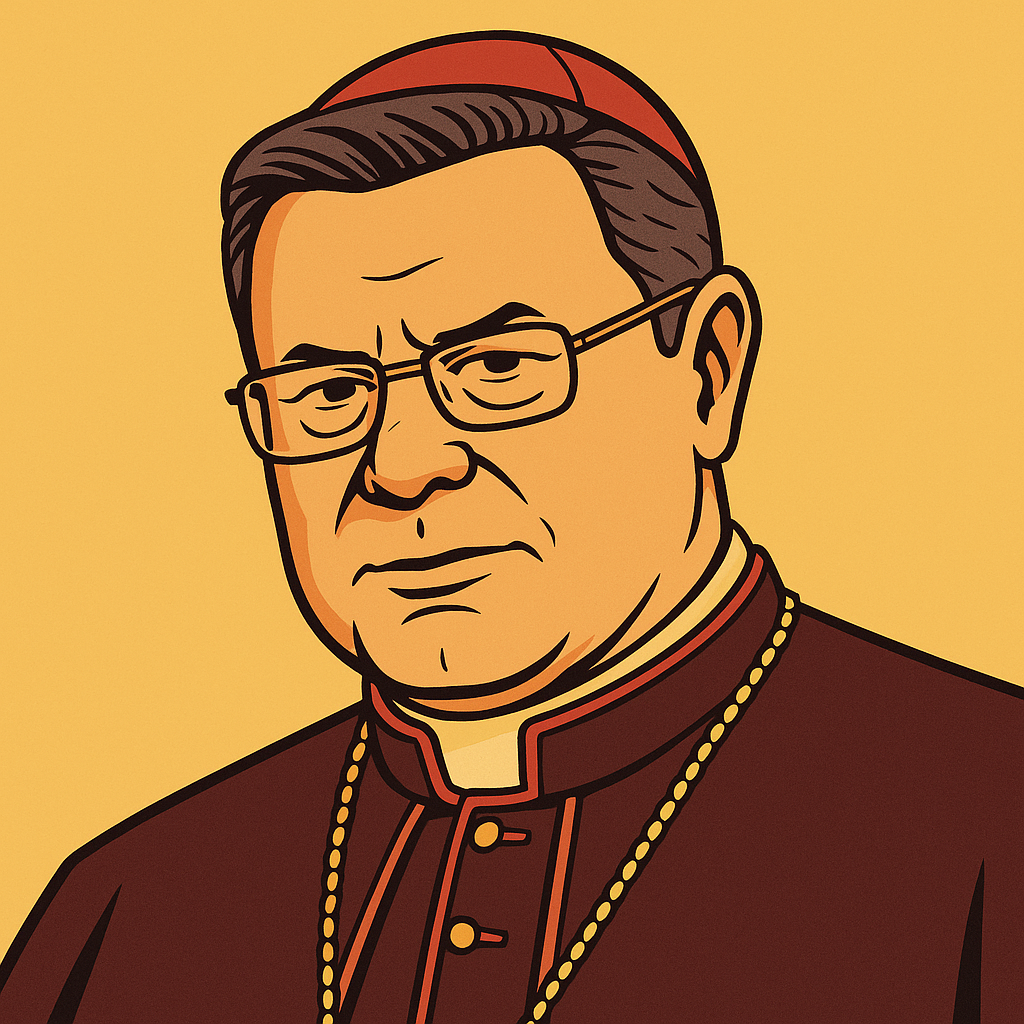
Brazil
age: 58
Brazilian cardinal, Archbishop of Brasília, known for his intellectual profile and balanced pastoral approach, combining Catholic tradition and sensitivity to contemporary social issues.
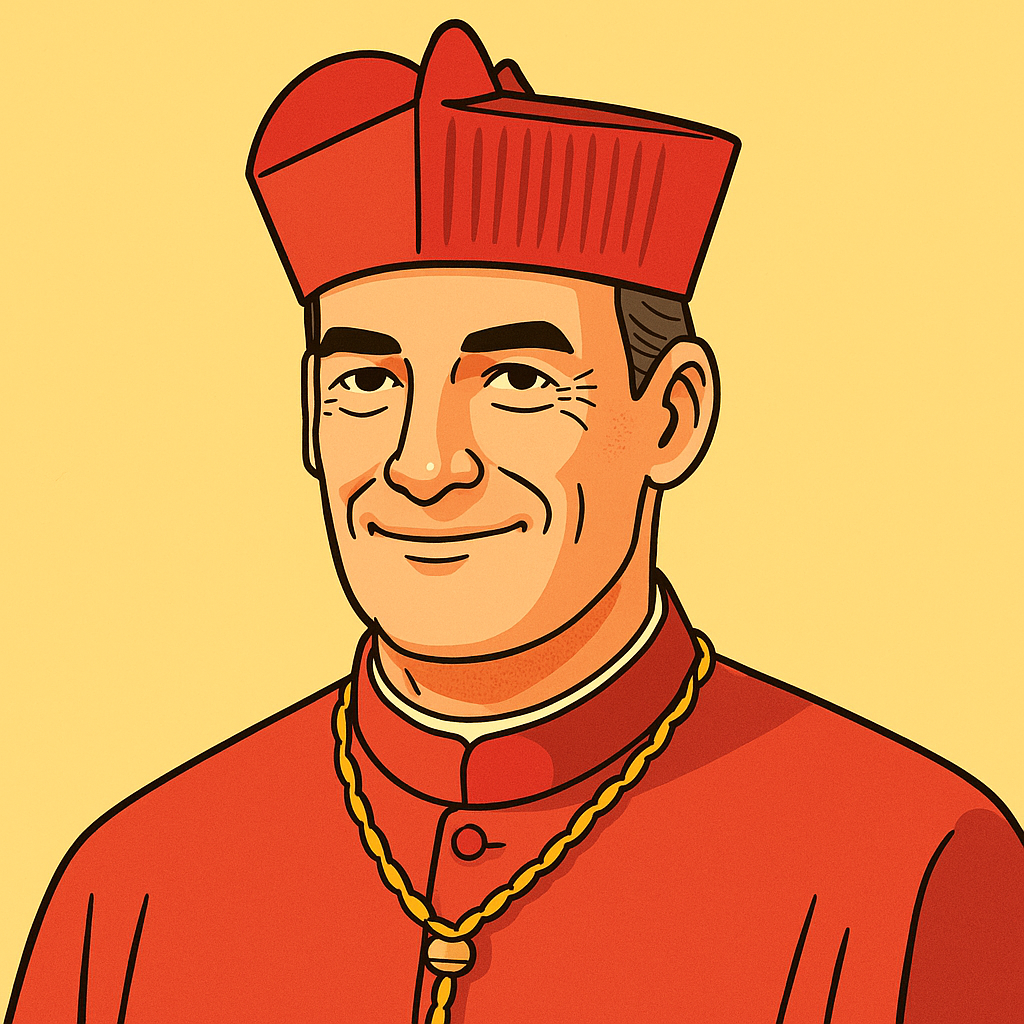
France
age: 57
French cardinal, Bishop of Ajaccio, Franciscan, known for his dynamic pastoral approach and balanced position between tradition and renewal.
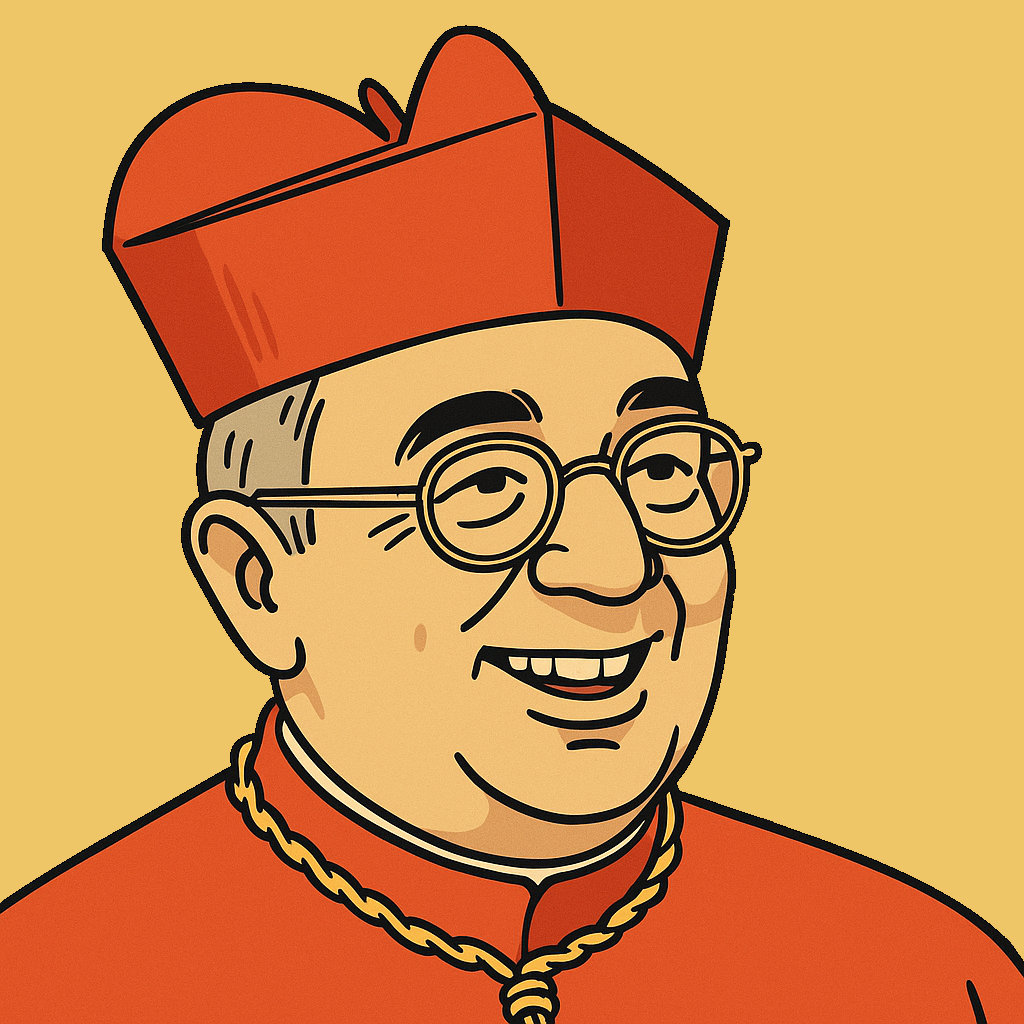
Italy
Italian cardinal, former vicar general of the pope for the diocese of Rome, known for his balance between liturgical tradition and moderate pastoral openness.
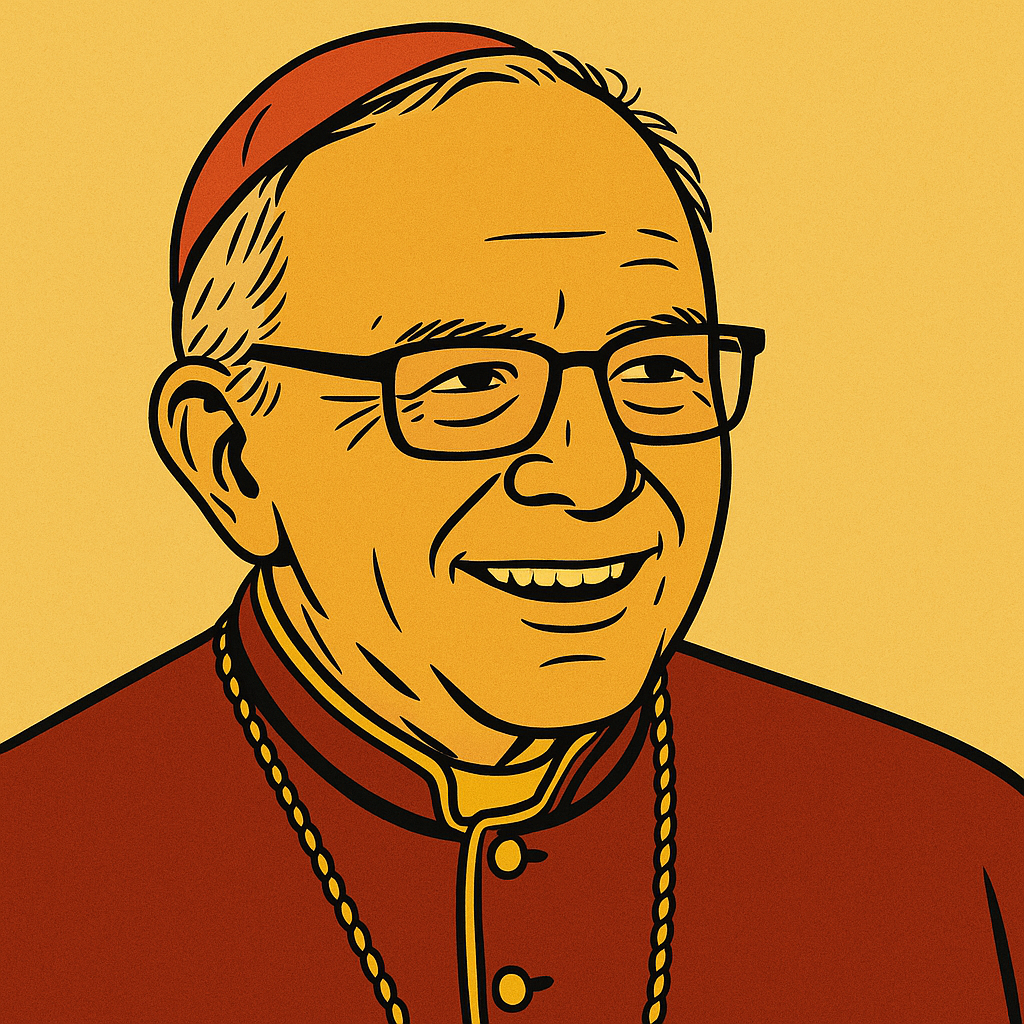
Portugal
Portuguese cardinal, Patriarch Emeritus of Lisbon, known for his balanced leadership and pastoral vision that respects tradition while dialoguing with contemporary society.
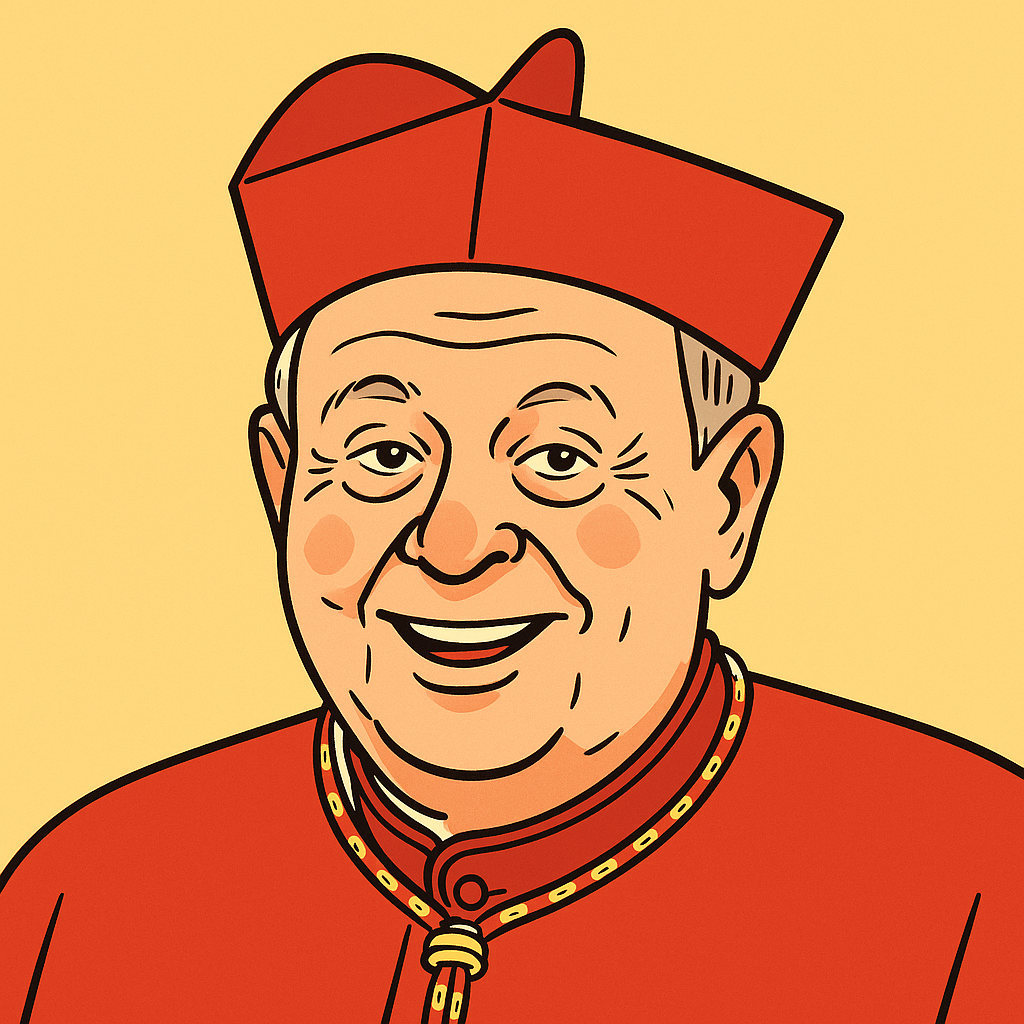
Italy
Italian cardinal, Bishop of Como, known for his balanced pastoral approach and his work for the reception of migrants at the Swiss border, combining doctrinal fidelity and social commitment.
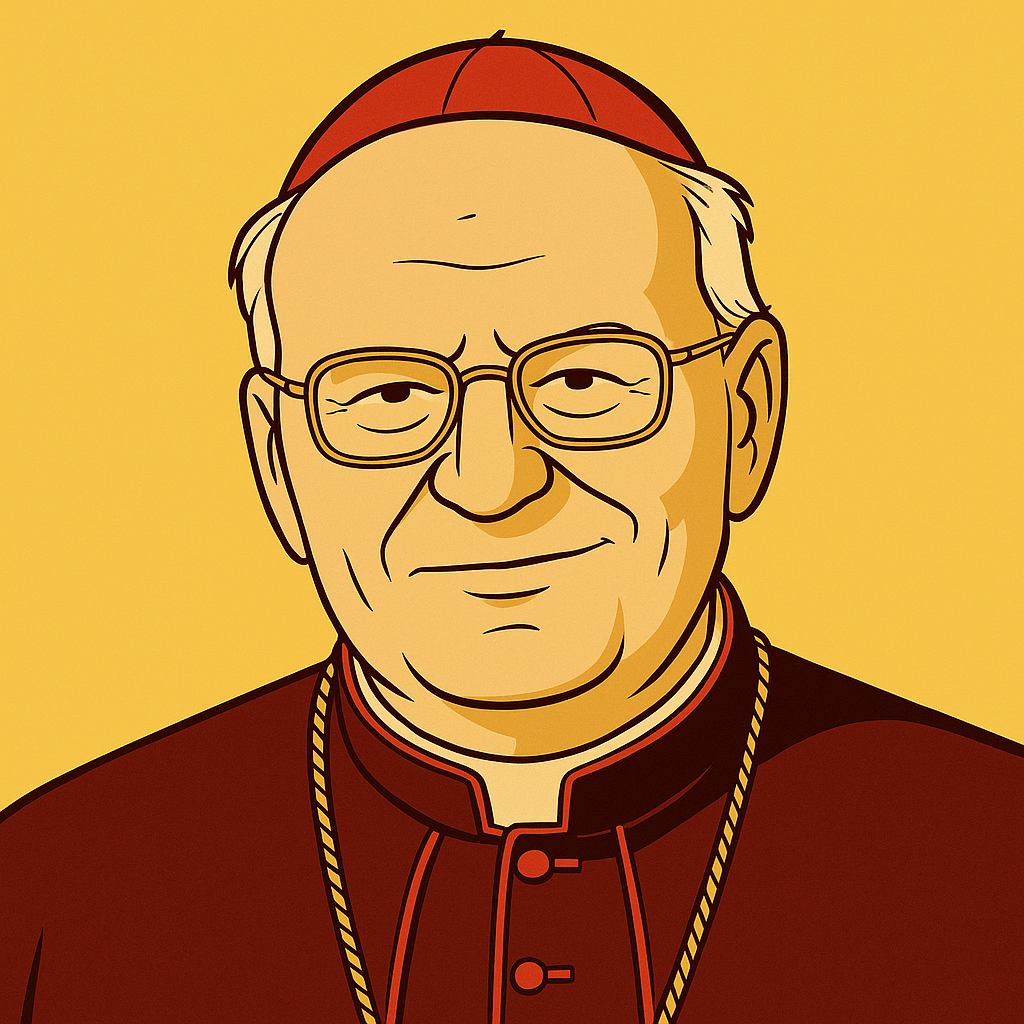
Hungary
Hungarian cardinal, Archbishop of Esztergom-Budapest, renowned canonist, known for his conservative doctrinal positions and his influential role in the Church of Central Europe.

Sweden
Swedish cardinal, the first Scandinavian cardinal in history, known for his balanced approach between tradition and openness, and his ecumenical work.
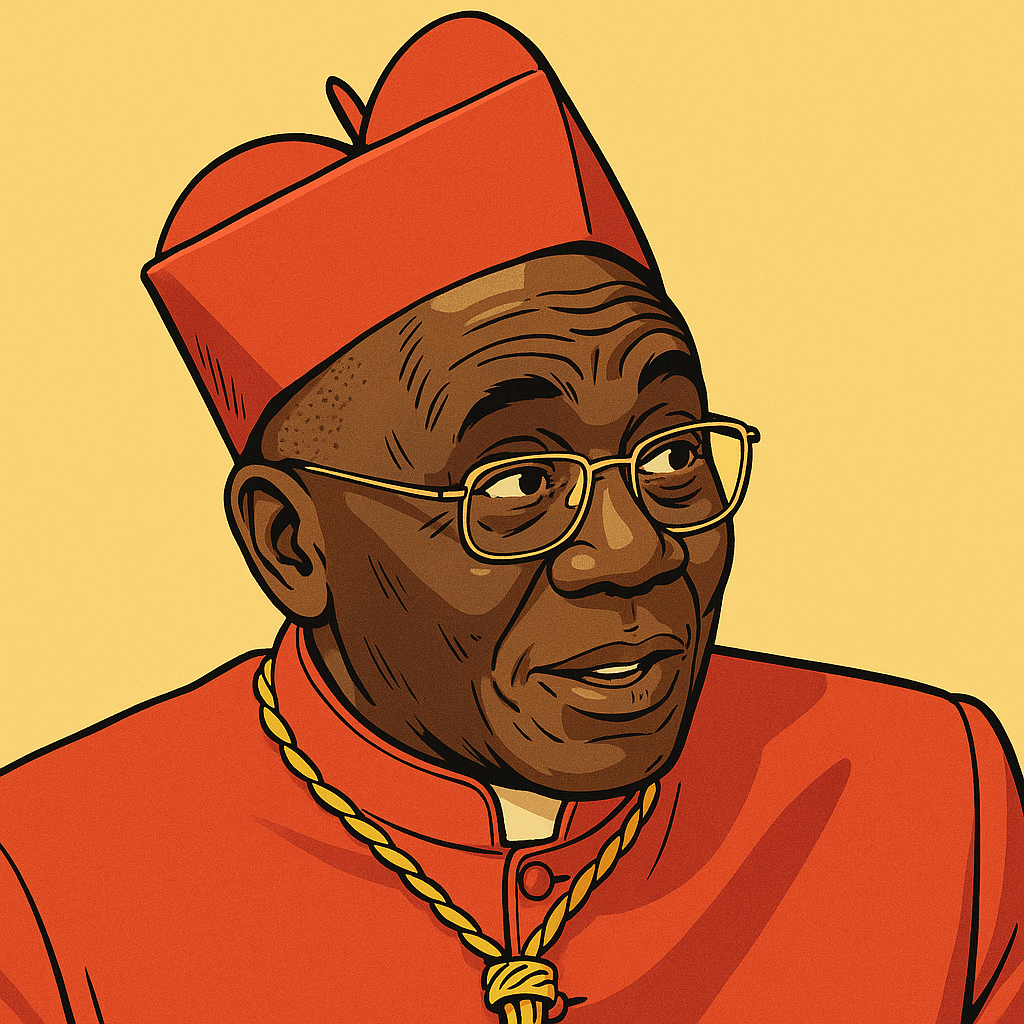
Ivory Coast
Ivorian cardinal, Archbishop of Abidjan, known for his doctrinal fidelity and conservative positions, while working for social peace and unity in his country.
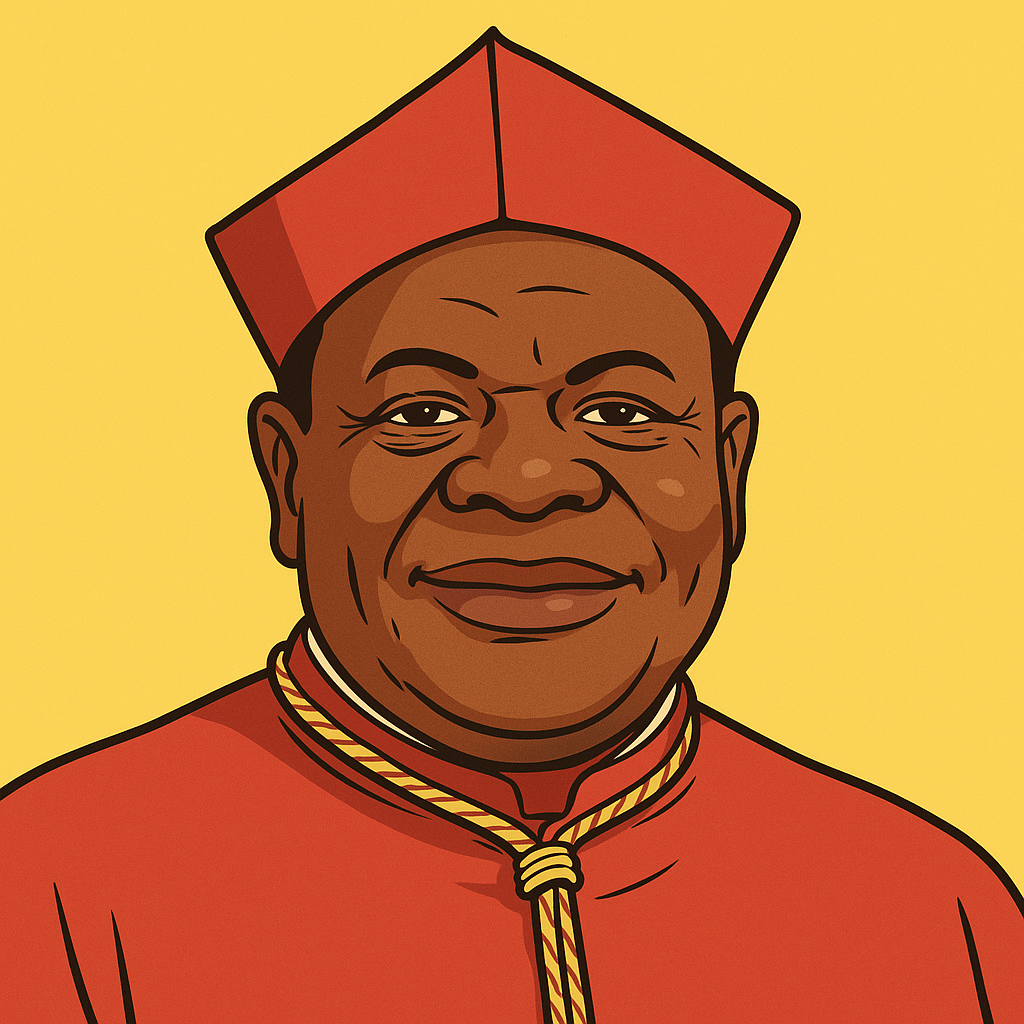
Democratic Republic of the Congo
Congolese cardinal, Archbishop of Kinshasa, known for his commitment to social justice and human rights defense, while maintaining a traditional doctrinal position.
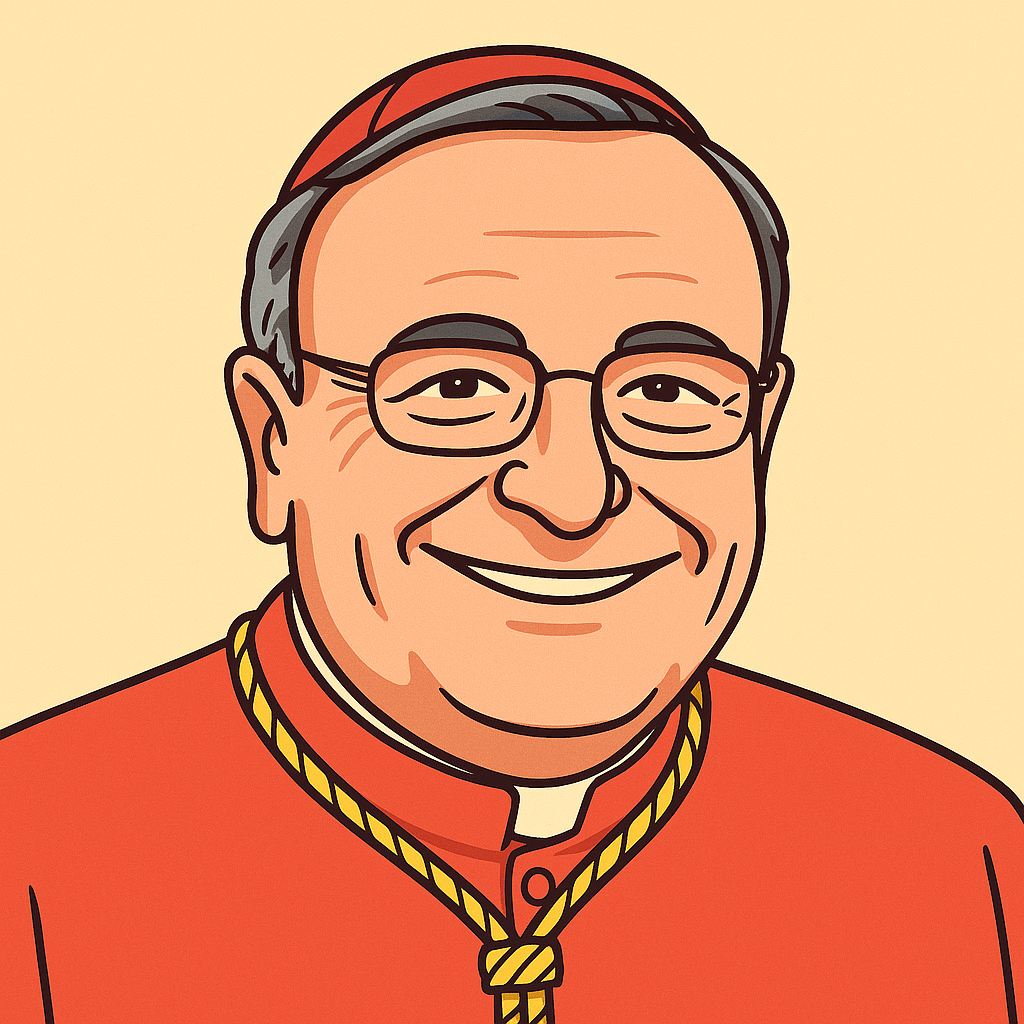
Italy
Italian cardinal, Archbishop Emeritus of Agrigento, known for his commitment to migrants and his open pastoral approach while remaining faithful to tradition.
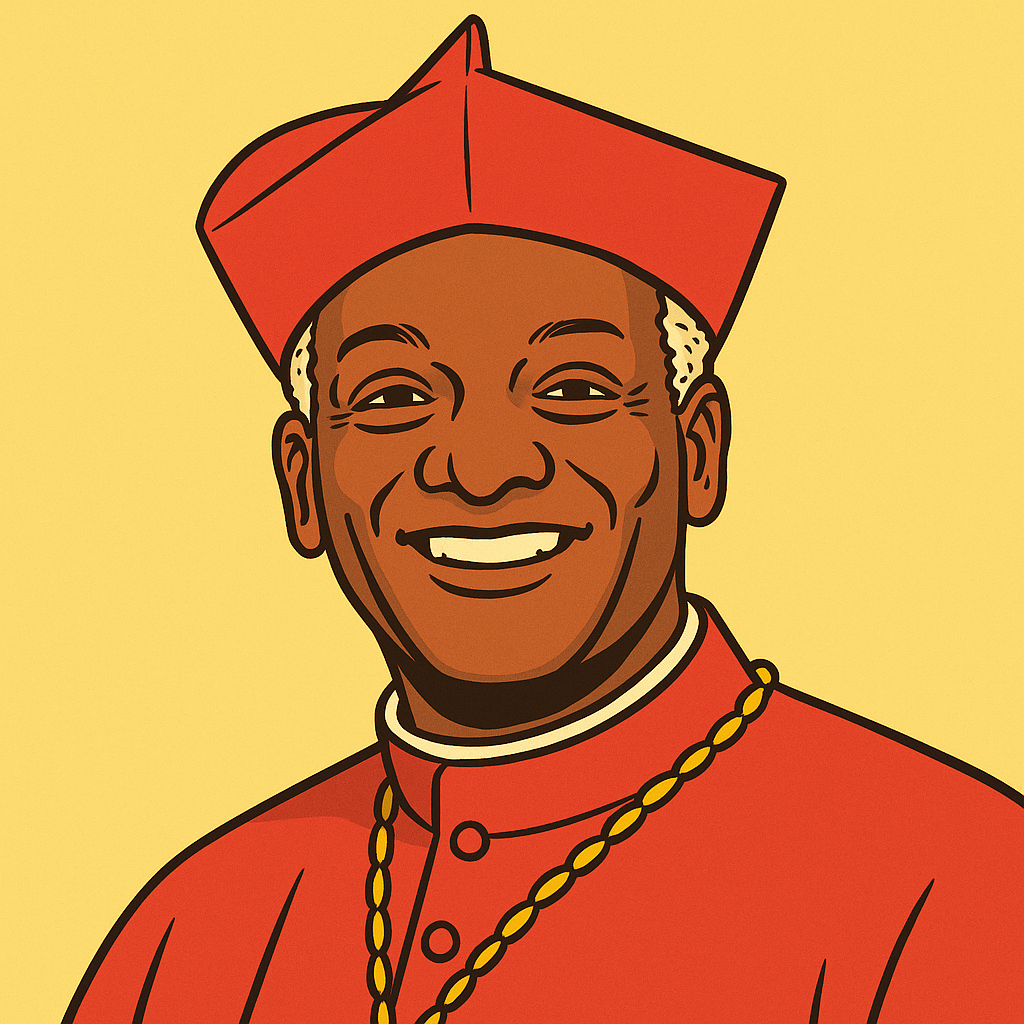
Haiti
Haitian cardinal, the first from his country, recognized for his work in a context of great poverty and instability, maintaining a traditional doctrinal approach.
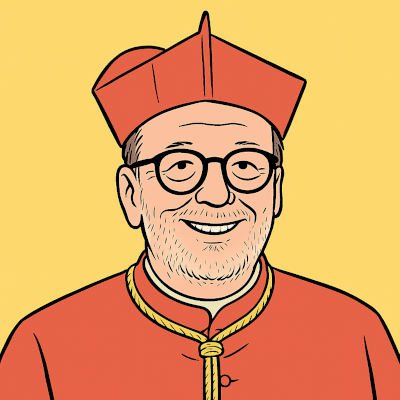
Italy
Italian cardinal, former apostolic nuncio, known for his diplomatic expertise and knowledge of Eastern Churches, combining liturgical tradition and openness to dialogue.
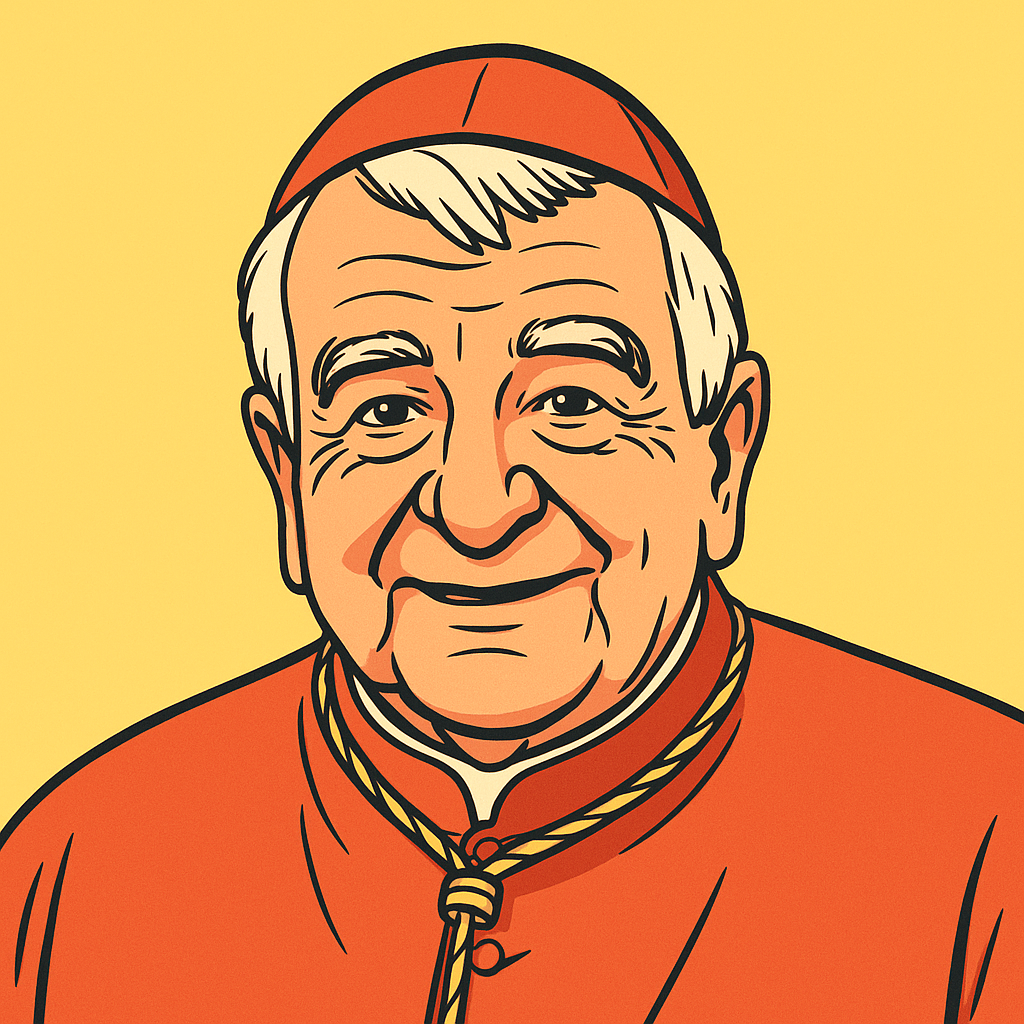
Switzerland
Swiss cardinal, apostolic nuncio, known for his diplomatic work and balanced approach between tradition and moderate openness.
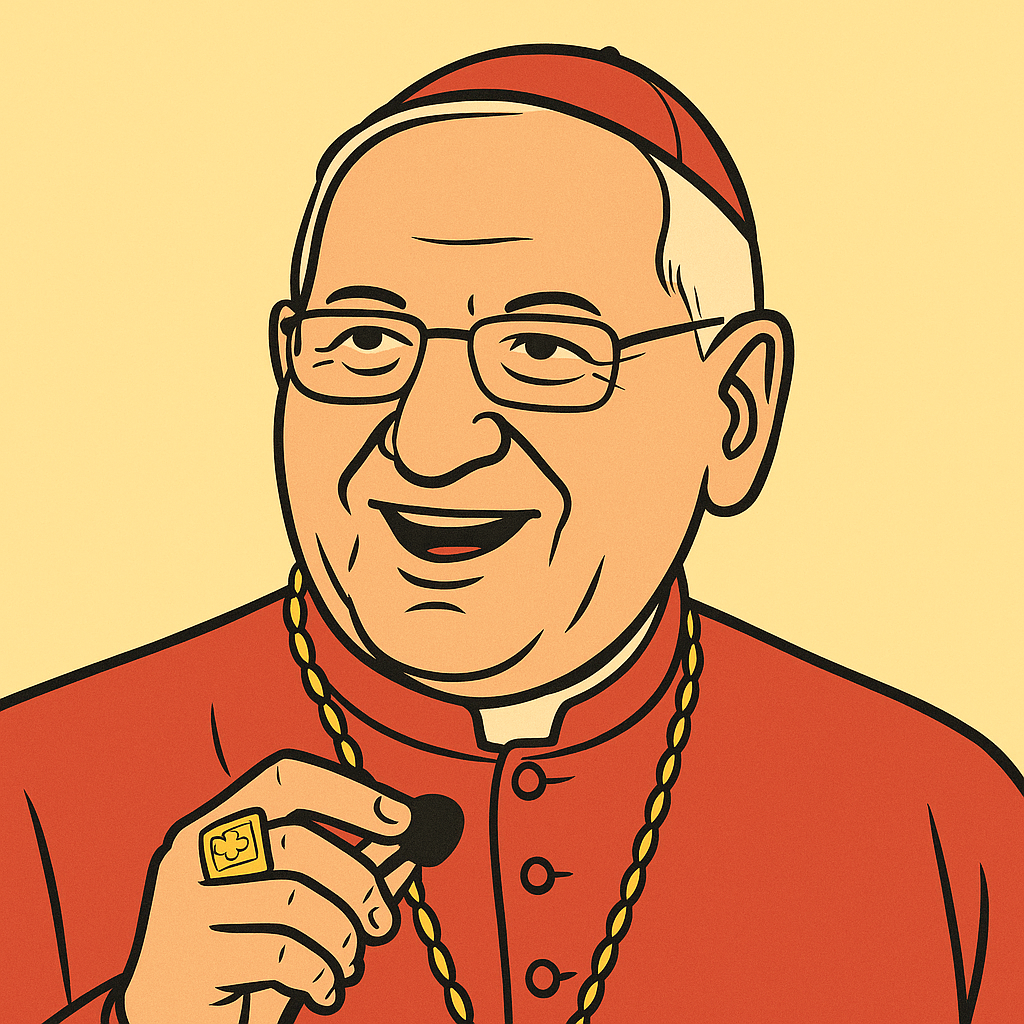
Iraq
Iraqi cardinal, Patriarch of the Chaldean Catholic Church, known for his leadership in a context of persecution and his commitment to the survival of Christians in the Middle East.
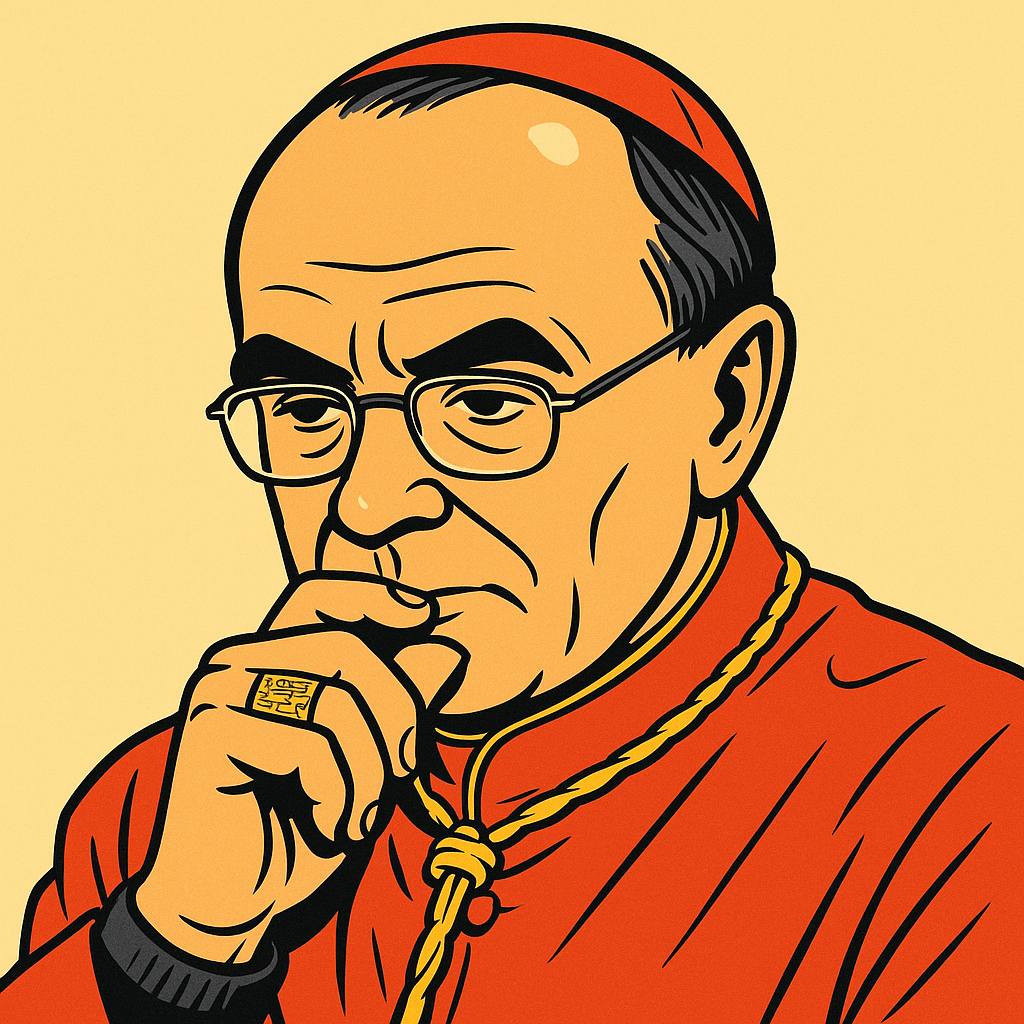
France
French cardinal, Archbishop Emeritus of Lyon, known for his missionary dynamism but whose career has been marked by controversy over the handling of sexual abuse in his diocese.
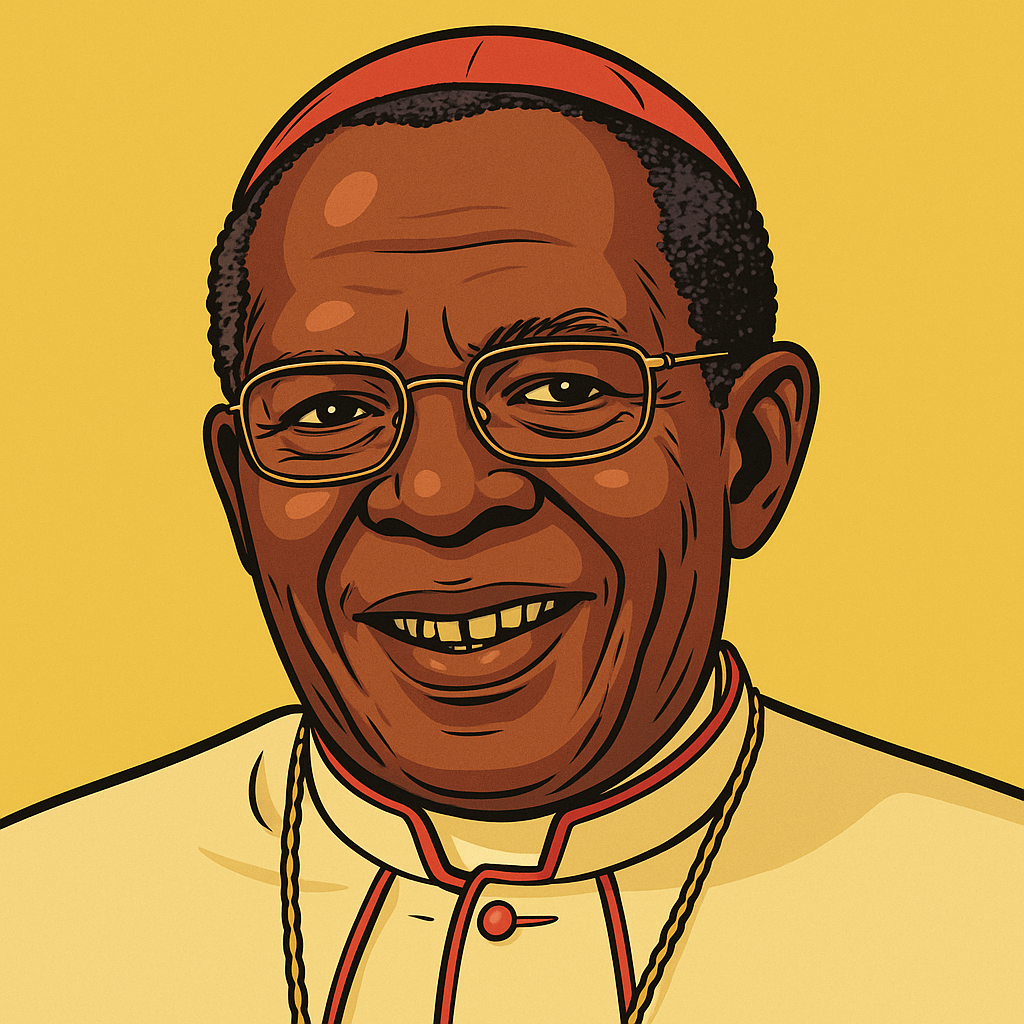
Kenya
Kenyan cardinal, Archbishop Emeritus of Nairobi, known for his conservative positions on moral issues and his leadership in the growing African Church.
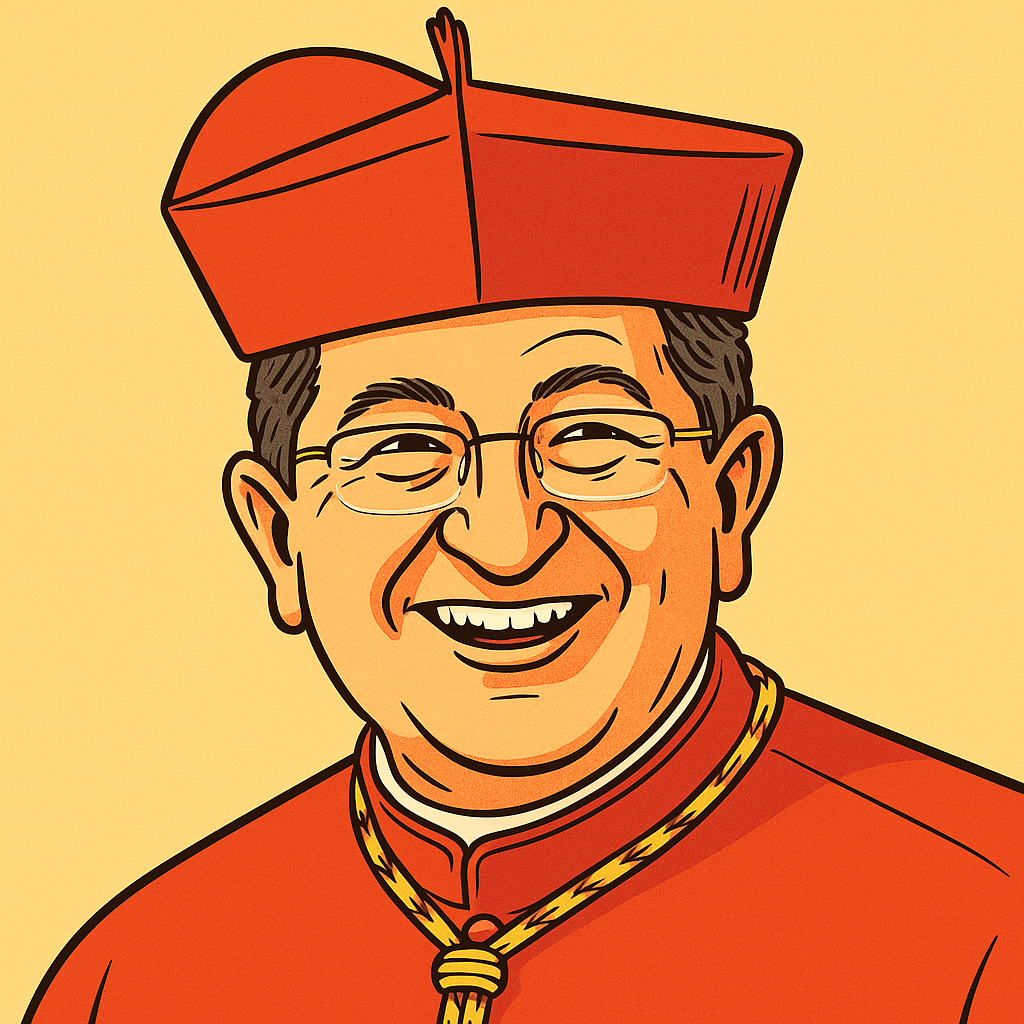
Italy
Italian cardinal, Archbishop of Florence, known for his conservative doctrinal positions and intellectual work, while remaining engaged in pastoral dialogue.
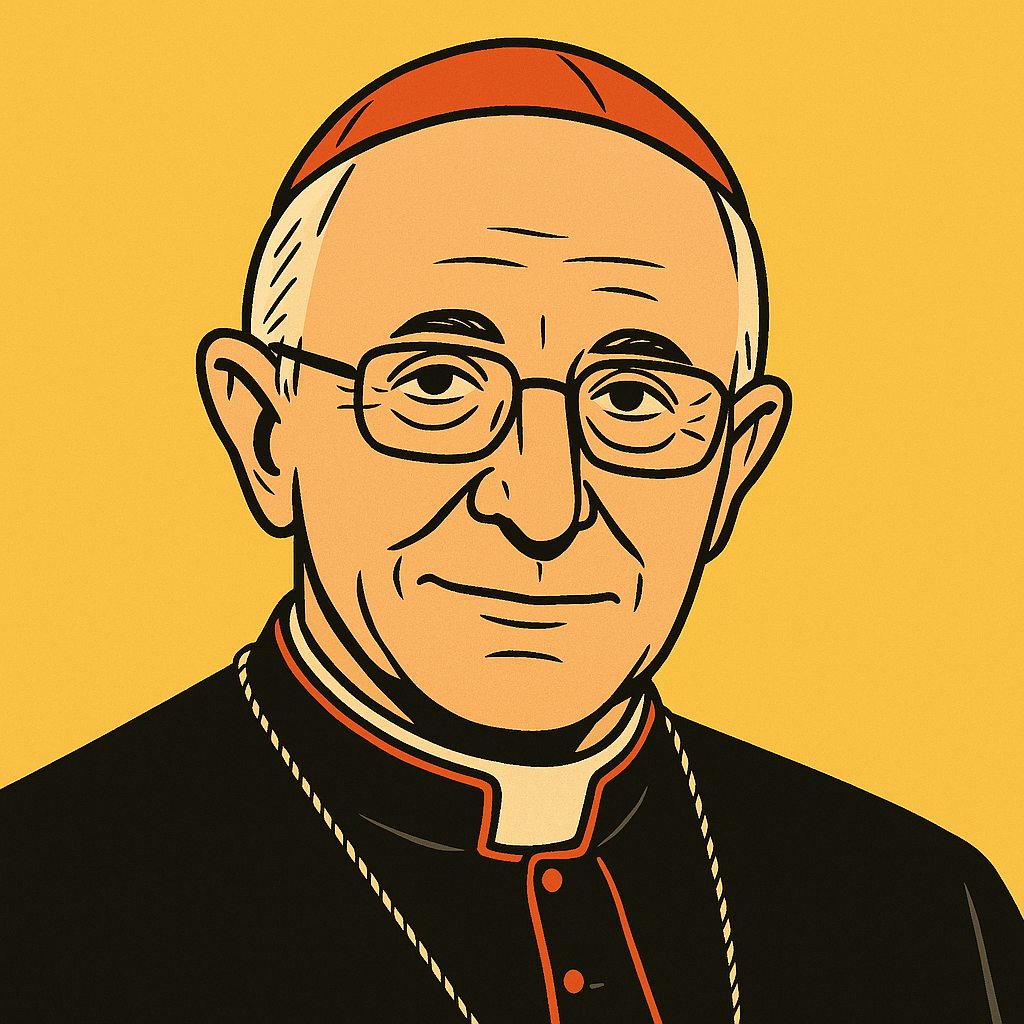
Italy
Italian cardinal, Grand Master of the Order of the Holy Sepulchre, former prefect of the Congregation for the Evangelization of Peoples, known for his missionary and diplomatic experience.
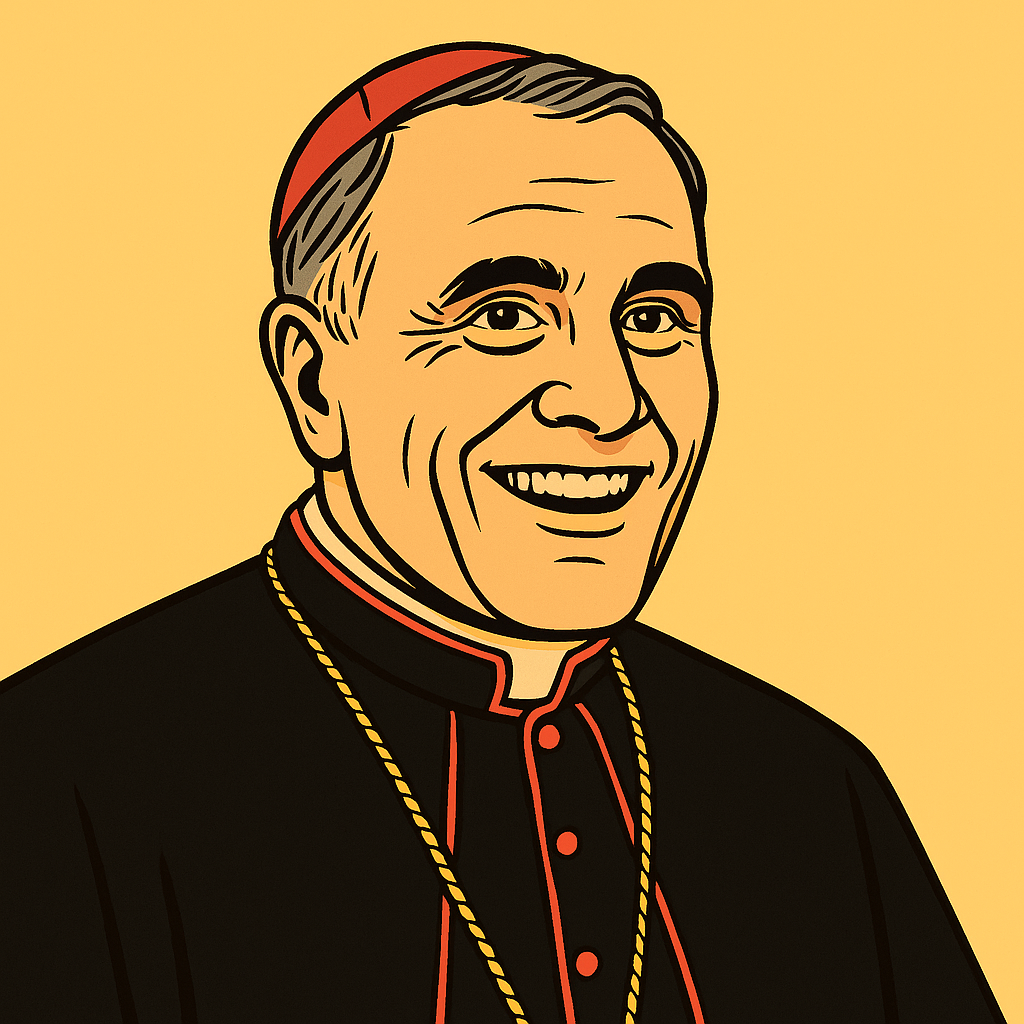
United States
American cardinal, known for his conservative positions on doctrine and liturgy, while seeking unity in a divided ecclesial context.
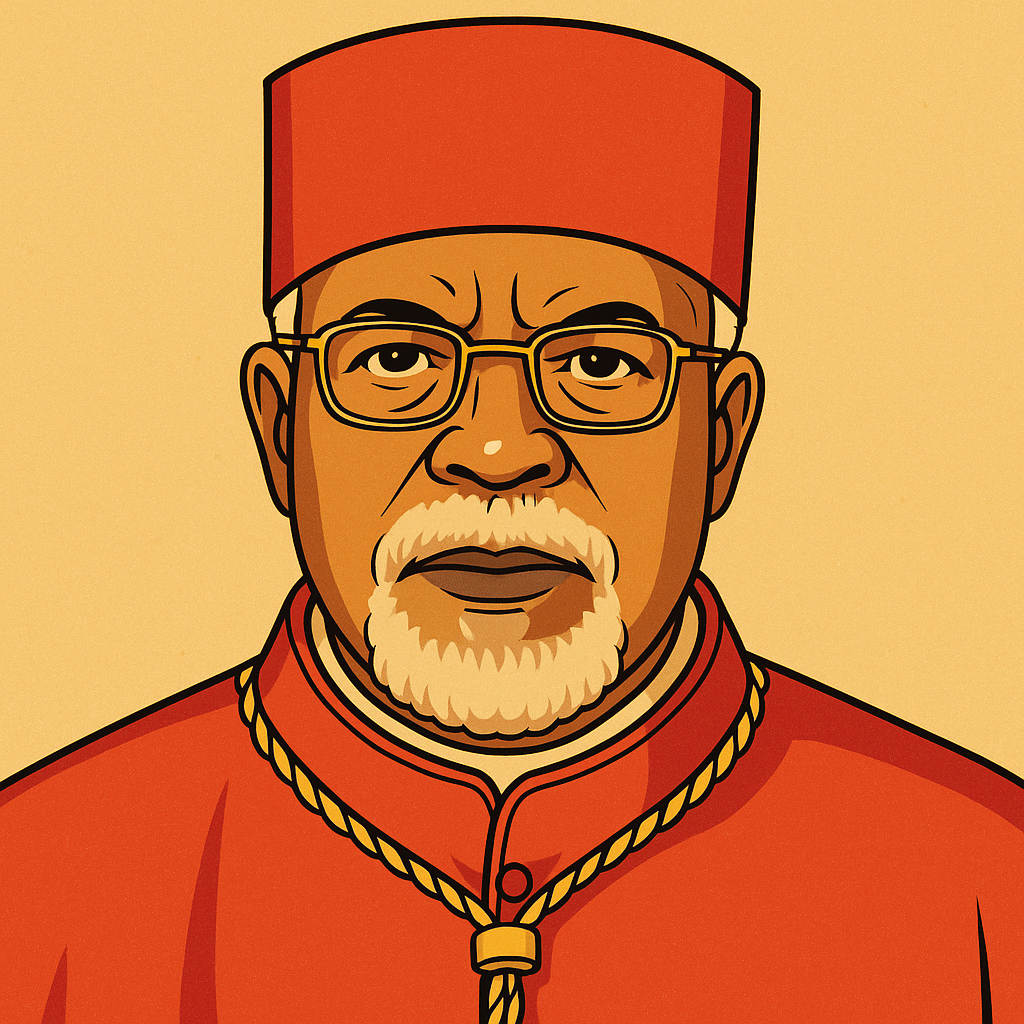
Ethiopia
Ethiopian cardinal of Eastern rite, known for his defense of traditional Church values and his pastoral work in a context of religious tensions.